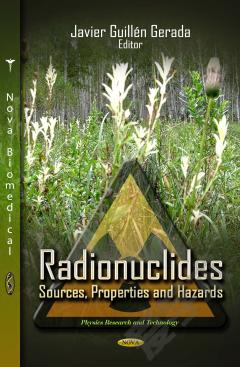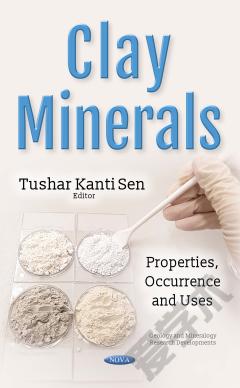Contaminated Soils: Sources, Properties and Impacts
This book provides current research on sources, properties and impacts of contaminated soils. Chapter One reviews the research progress in nanotoxicology related to a systematic approach of evaluating nanomaterials toxicity. Chapter Two discusses the immobilization and mobilization of heavy metals. Chapter Three identifies wheat germplasm resistant to heavy metals, and donors for breeding and promising forms of wheat that are resistance to heavy metals and destined for agricultural production. Chapter Four discusses the effects of mining-generated metal(loid) on soil microbial activities and composition. Chapter Five focuses on heavy metals contamination of soils in the Ural Region of Russia. Chapter Six evaluates the reactivity efficiency of mineral, organic and mineral-organic components on the remediation process of leaf (Pb) at a metallurgically contaminated site. Chapter Seven reviews and establishes that the inoculation of Lens culinaris, Vicia faba and Sulla coronaria with heavy metal resistant PGPB shows potential for phytostabilization. Chapter Eight assesses the stability of metal-soil colloid bonds as an index of the retention and release of Cu, Pb, Cd in soils. Chapter Nine examines microbial degradation mechanisms of toxic and recalcitrant chemicals.
{{comment.content}}








 京公网安备 11010802027623号
京公网安备 11010802027623号